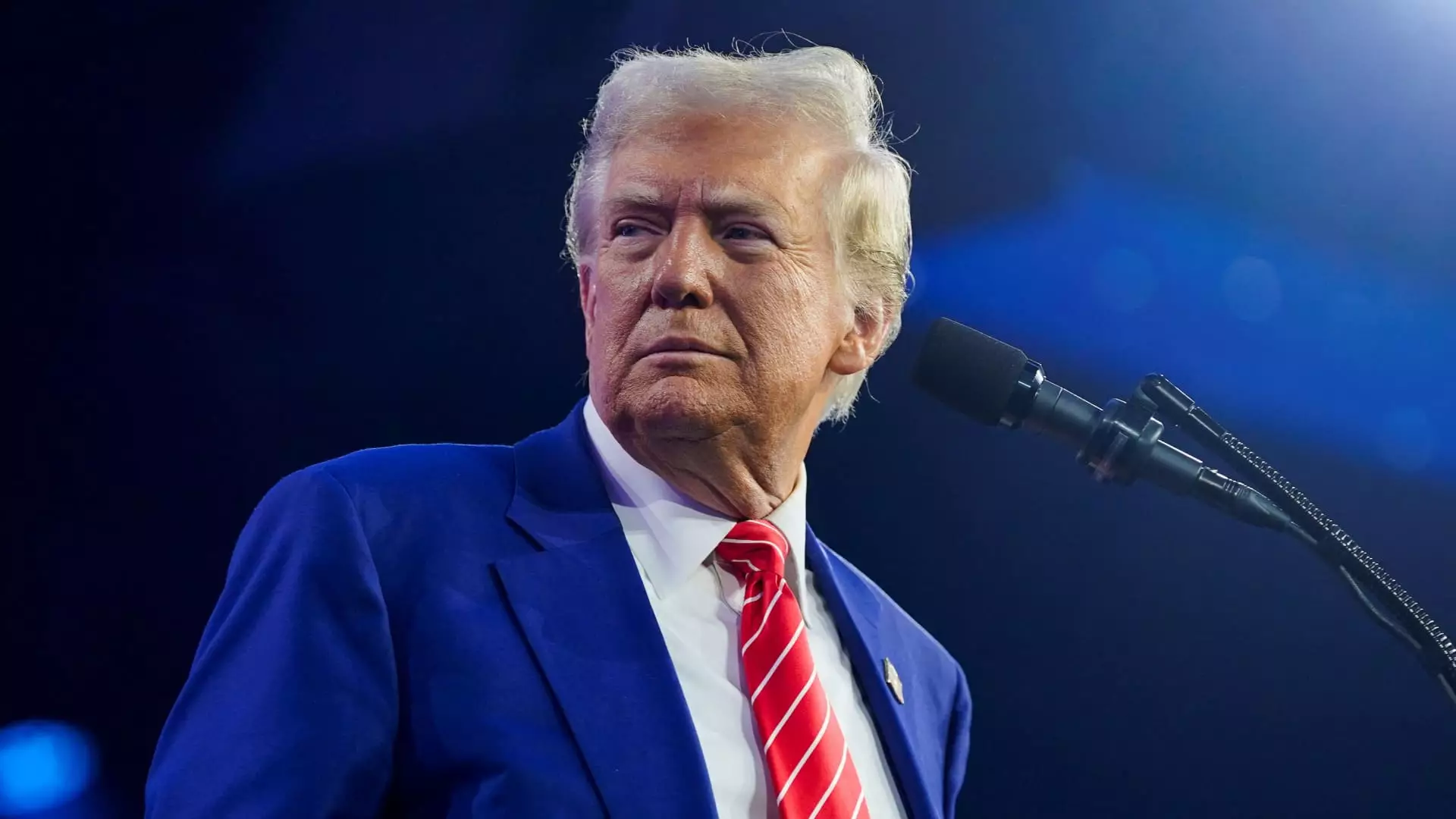The election of Donald Trump as President once again ignites vigorous discussions regarding the intertwining of technology and politics. Unlike his first term, which was marked by strained relations with many in the tech industry, the incoming administration has adopted a markedly different tone. It has seized upon the expertise and influence of Silicon Valley heavyweights, enlisting their hands to tackle the challenges facing modern governance.
In what appears to be a calculated move to revolutionize the public sector, President-elect Trump has begun appointing prominent figures from the tech world to crucial positions within his administration. For instance, Scott Kupor, a managing partner at the venture capital firm Andreessen Horowitz, has been nominated as the director of the Office of Personnel Management (OPM). This office plays a pivotal role in coordinating recruitment and managing resources for the government workforce, potentially bringing a fresh perspective under Kupor’s leadership.
Donald Trump’s initiative to create a Department of Government Efficiency (DOGE) is rather ambitious, considering the often slow-moving nature of bureaucratic structures. With tech leaders like Elon Musk and Vivek Ramaswamy guiding this nascent commission, the goal is to implement significant cost reductions and enhance regulatory practices. Kupor’s collaboration with such influential personalities could lead to a dynamic approach, yet it also reveals how government modernization is increasingly relying on the philosophies of Silicon Valley, which favor rapid innovation and disruption.
Another noteworthy appointment is Sriram Krishnan, who has been designated as the senior policy advisor for artificial intelligence at the White House Office of Science and Technology Policy. Krishnan’s impressive background, which includes roles at leading tech firms like Microsoft, Meta, and Twitter, makes him particularly well-suited to guide AI policy in a time of rapid advancement and broad societal implications. His ties to Elon Musk, especially during Musk’s acquisition of Twitter, may enable a synergy that could mold future tech interactions within state frameworks.
The growing reliance on tech executives raises crucial questions about the potential risks associated with such steep integration. While business leaders from the technology sector celebrate these appointments as “remarkable picks,” skepticism remains among Democrats, foreign government officials, and business leaders who find themselves in competition with Musk’s expansive businesses, including Tesla and SpaceX. This tight-knit bond between Trump and tech leaders could generate tensions, particularly when policies are perceived to favor the interests of particular corporations.
David Sacks, another fixture in the tech industry and close associate of Musk, has also been named as “czar” of cryptocurrency and AI. His portfolio highlights the administration’s heightened focus on emerging technologies—an area that will surely require a delicate balance between fostering innovation and regulating its efficacy.
Reflecting on the broader relationship between Trump and Silicon Valley, a notable transformation has emerged. In stark contrast to his initial term, during which there were escalated tensions between tech giants and the administration, he now seems to have gained significant ground in establishing rapport. This shift is evident as Amazon, Meta, and even Sam Altman of OpenAI have pledged $1 million contributions to Trump’s inaugural committee—an unprecedented move signaling a collective alignment among tech elites.
Moreover, visits to Mar-a-Lago by tech executives underscore a newfound willingness to engage in dialogue with the incoming administration. Those interactions could provide critical insights into the intersection of technology, policy, and public service.
The implications of these appointments and relationships point toward a future where technology plays an even larger role in governance. As the lines blur between private enterprise and public service, it remains essential to critically evaluate how this relationship evolves. Will the tech-heavy approach usher in increased efficiency and innovation, or will it raise ethical concerns regarding influence and oversight?
As President-elect Trump prepares to take office again, the spotlight will focus on this burgeoning alliance. While Silicon Valley’s expertise could enhance government operations, it simultaneously necessitates scrutiny to ensure that public interests remain paramount in the rapidly changing landscape of U.S. governance.


Leave a Reply
You must be logged in to post a comment.